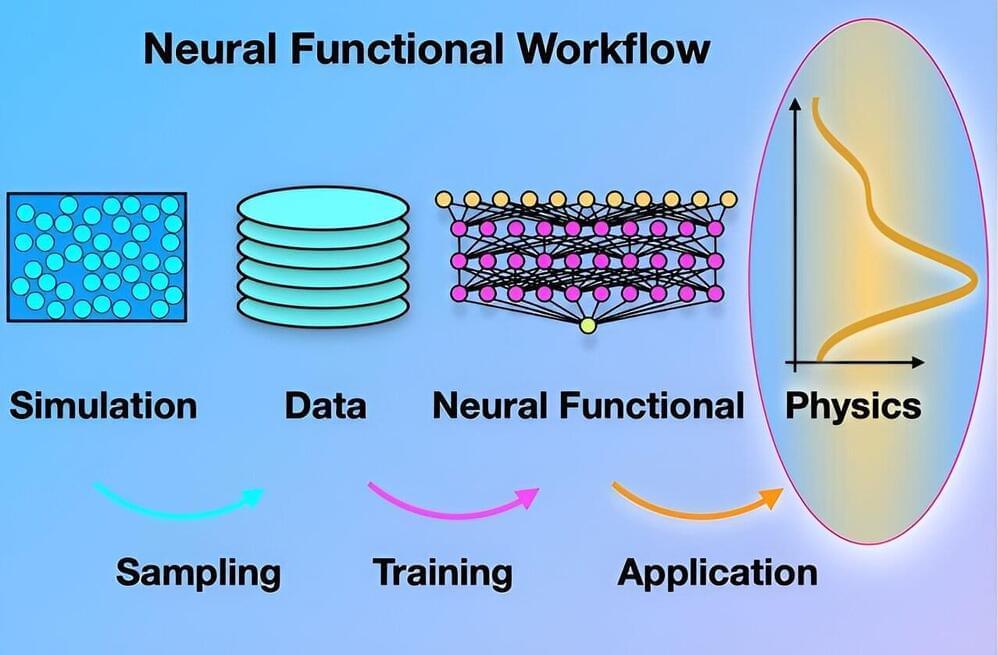“In the study, we demonstrate how artificial intelligence can be used to carry out fundamental theoretical physics that addresses the behavior of fluids and other complex soft matter systems,” says Prof. Dr. Matthias Schmidt, chair of Theoretical Physics II at the University of Bayreuth.
Scientists from Bayreuth have developed a new method for studying liquid and soft matter using artificial intelligence. In a study now published in the Proceedings of the National Academy of Sciences, they open up a new chapter in density functional theory.
We live in a highly technologized world where basic research is the engine of innovation, in a dense and complex web of interrelationships and interdependencies. The published research provides new methods that can have a great influence on widespread simulation techniques, so that complex substances can be investigated on computers more quickly, more precisely and more deeply.
In the future, this could have an influence on product and process design. The fact that the structure of liquids can be excellently represented by the newly formulated neural mathematical relationships is a major breakthrough that opens up a range of possibilities for gaining deep physical insights.
